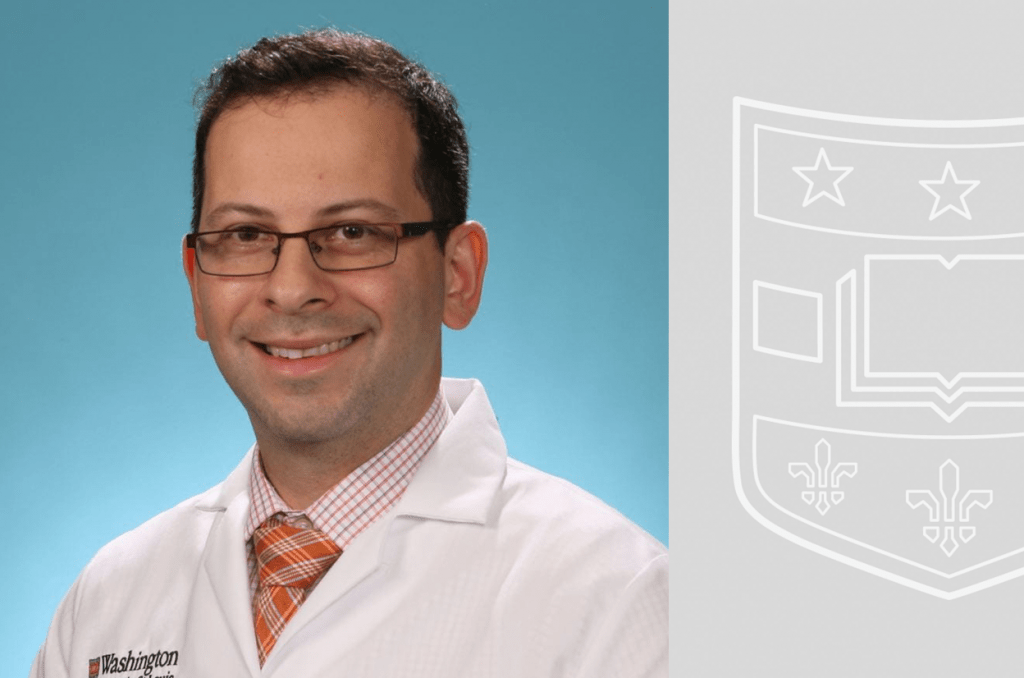Dr. Schmuylovich is one of four scientists at Washington University School of Medicine in St. Louis to have been awarded prestigious grants from the National Institutes of Health (NIH) aimed at supporting the researchers’ innovative and impactful biomedical and behavioral research.
The grants are among a total of 106 such grants awarded to scientists recognized via the NIH Common Fund’s High-Risk, High-Reward Research program. The program aims to spur scientific discovery by providing support for highly innovative proposals that, due to their risk, may face hurdles in the traditional peer-review process. The 106 awards total about $329 million over five years, pending availability of funds.
Shmuylovich, an assistant professor of medicine, of pediatrics, and of radiology, has received the NIH Director’s Early Independence Award. This award provides support for outstanding junior scientists to bypass the traditional postdoctoral training period and launch independent research careers.
The pediatric dermatologist’s work is focused on developing imaging tools to objectively measure skin disease at large and small scales in diverse skin types. Doctors often diagnose skin disease by sight, but signs of skin disease can be subtle in pigmented skin, leading to systemic underdiagnosis and undertreatment in patients of color. The Shmuylovich lab is addressing these problems by developing short-wave infrared imaging devices.
“My goal is to leverage the power of infrared imaging to make these subtle findings much more obvious and allow for more objective assessment of skin disease in kids and adults with diverse skin types,” he said.
Short-wave infrared light offers a window into skin disease that is independent of skin pigmentation. Recently, Shmuylovich showed that short-wave infrared imaging can be used to visualize and quantify skin inflammation. Short-wave infrared light also travels deeper through skin than visible light, which makes it possible to build a device that provides a noninvasive alternative to skin biopsy at imaging depths greater than existing microscopic skin imaging devices.
With the support of the Early Independence Award, Shmuylovich aims to bring short-wave infrared macroscopic and microscopic imaging into clinical practice. Such technology has potential to address the needs of diverse populations and reduce health disparities by providing all patients with access to accurate diagnosis and management of skin disease.
Shmuylovich completed his MD/PhD training at the School of Medicine in 2015, earning his doctorate in physics in the laboratory of Sándor Kovács, MD, PhD, a professor of medicine. He then completed a fellowship in pediatric dermatology at the School of Medicine and a residency in dermatology at Barnes-Jewish Hospital before joining the laboratory of Samuel I. Achilefu, PhD, the Michel M. Ter-Pogossian Professor of Radiology, as a postdoctoral researcher.
While an MD/PhD student, Shmuylovich co-founded the education technology company Virtual Nerd, an online alternative to one-on-one math tutoring for high school students. He served as vice president and so-called “Chief Science Nerd” for the company until it was acquired by Pearson in 2013.
To view the original article in its entirety, please visit this post on the News Hub.
